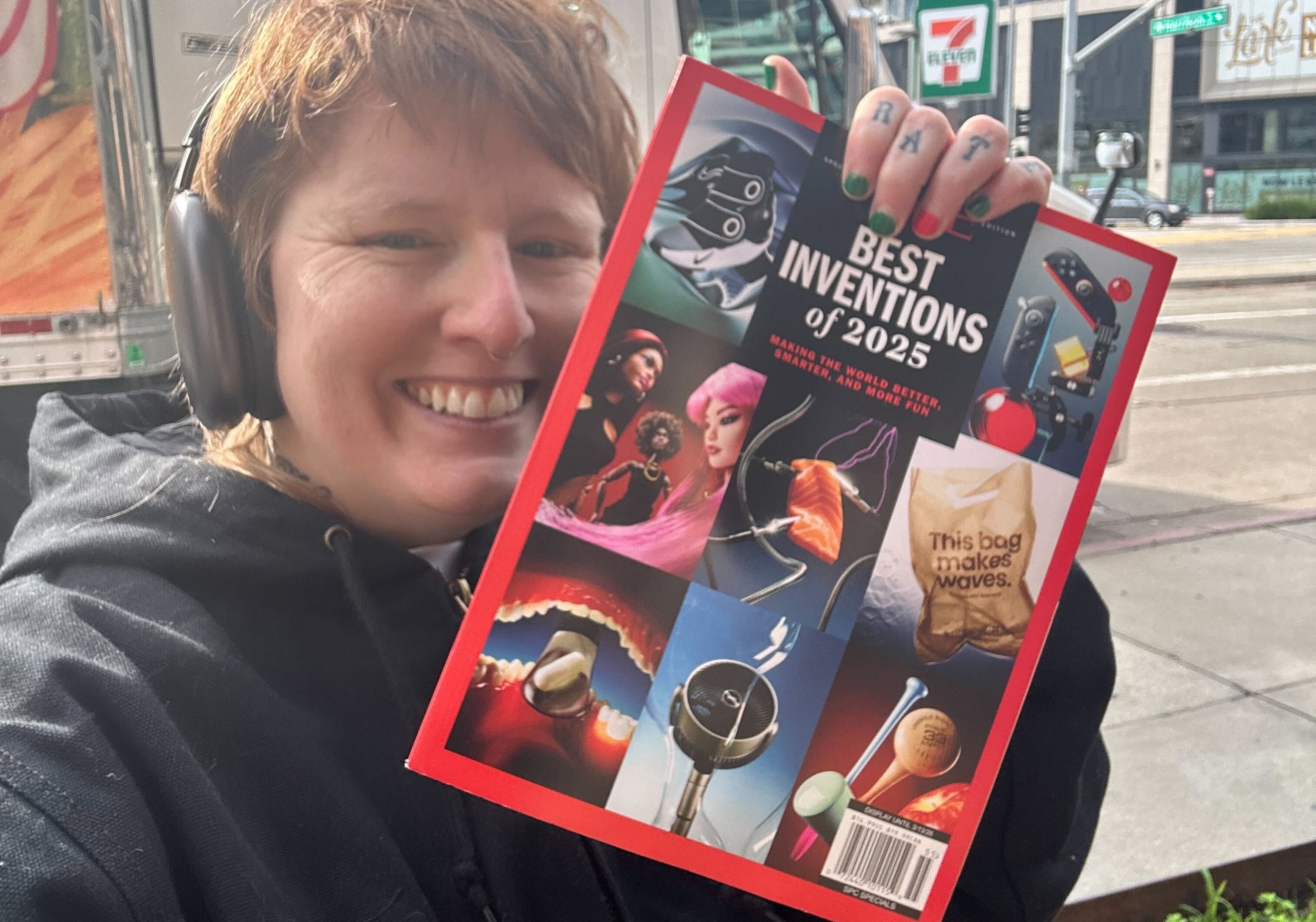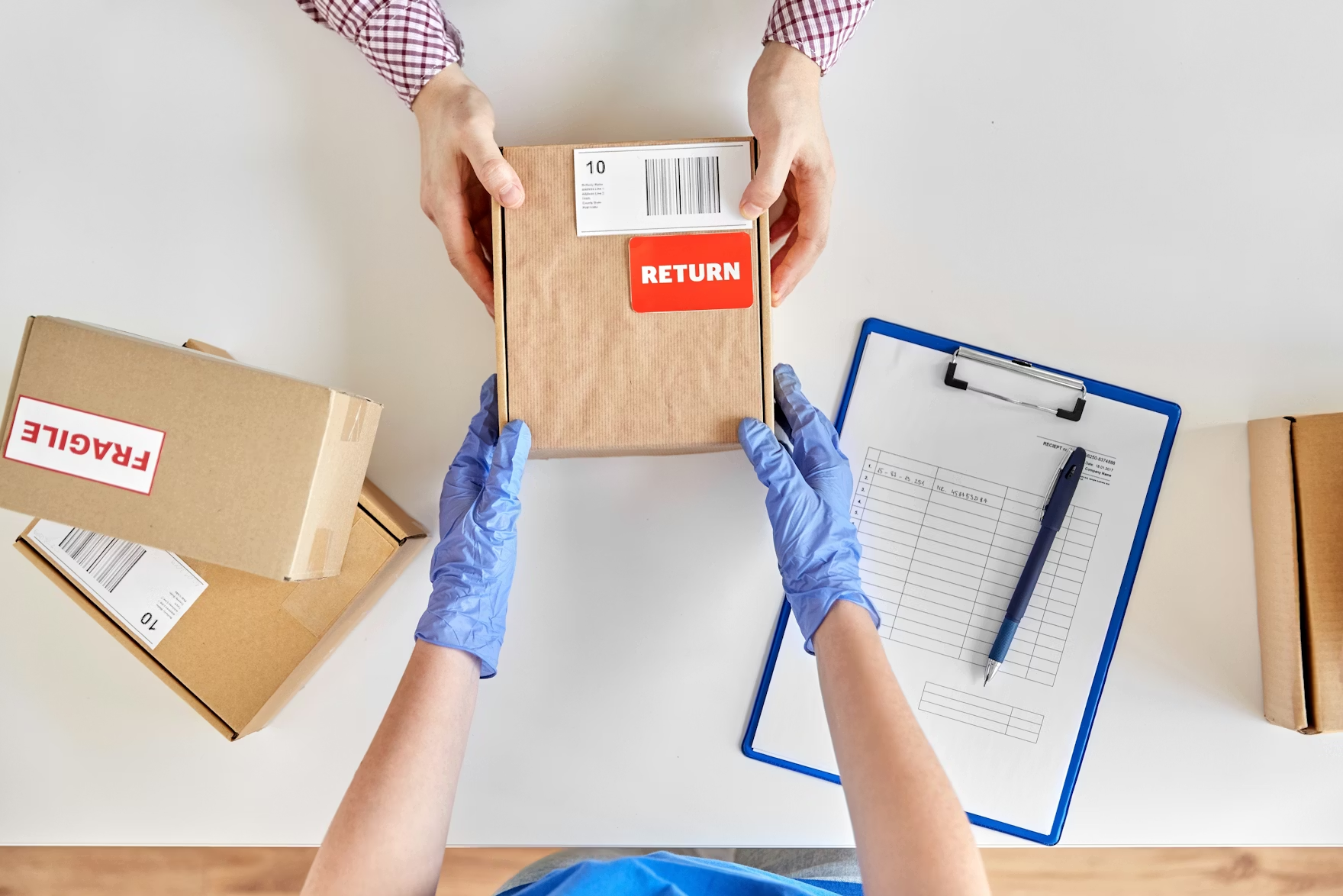


LiquiDonate's circular economy ethos closely aligns with several SDGs, making it a crucial player in the climate tech space—and making a significant impact on achieving the United Nations' sustainability goals and contributing to a better, more equitable planet.
Advancing the Circular Economy
SDG 12: Responsible Consumption and Production focuses on promoting sustainable consumption patterns and minimizing waste—which is baked into LiquiDonate’s core principles and services. LiquiDonate actively supports this goal by fostering a circular economy through its Free Shop, where individuals and businesses can list gently loved items, returns, or surplus goods, which are then connected to individuals, nonprofits, and communities in need. By reducing waste and maximizing resource efficiency, LiquiDonate contributes to a more sustainable and eco-friendly future.
Climate Action
One of the primary objectives is SDG 13: Climate Action. By keeping gently loved goods in their communities, LiquiDonate contributes directly to combating climate change and reducing greenhouse gas emissions caused by excess and unnecessary production, as well as shipping and returning fewer goods across the world.
Empowering Local Communities
LiquiDonate recognizes that sustainability efforts must be inclusive and prioritize the well-being of all communities. This aligns with SDG 11: Sustainable Cities and Communities. The platform actively supports local communities by connecting communities via nonprofits, individuals, and businesses through the circular economy. LiquiDonate fosters community empowerment, resilience, and social equity through its platform, community-centered activism, and employee volunteering.
Zero Hunger
SDG 2, Zero Hunger, aims to end hunger, achieve food security, improve nutrition, and promote sustainable agriculture. LiquiDonate directly aligns with this goal by proudly becoming an approved Food Recovery Service in the City and County of San Francisco. This approval enables LiquiDonate’s Food Rescue service to help businesses reduce the disposal of edible food, donate surplus food, and comply with new state law SB-1383. To make it as simple as possible for donors, LiquiDonate matches donations with local food banks or food pantries near them, ensuring the food stays in the communities it was grown to feed.
Industry, Innovation, and Infrastructure
LiquiDonate embraces innovation and technology to drive sustainable solutions. By being a key player in the climate tech space through its Donation as a Service API, LiquiDonate proves that tech companies can create innovative solutions to contribute to solving some of the world’s most pressing challenges.
Supporting Each SDG through a Growing Partner Network
It takes everyone to create a more sustainable future. While LiquiDonate's core business model directly supports the UN's SDGs, we proudly and indirectly support every other SDGs by supporting nonprofits addressing key causes. network includes organizations with specific focuses on Life Below Water, Life On Land, Quality Education, Gender Equality, and Zero Poverty.
Creating a More Sustainable Future With Conviction and Community
Innovative solutions are essential to combatting the climate crisis, and LiquiDonate stands as a shining example of climate tech in action. By aligning with the United Nations' sustainability goals, LiquiDonate contributes directly to climate action, circular economy principles, and community empowerment.
Companies like LiquiDonate are essential to accelerating sustainable development and combating climate change. By leveraging technology, LiquiDonate amplifies the impact of individuals and organizations passionate about creating a greener and more sustainable world.









